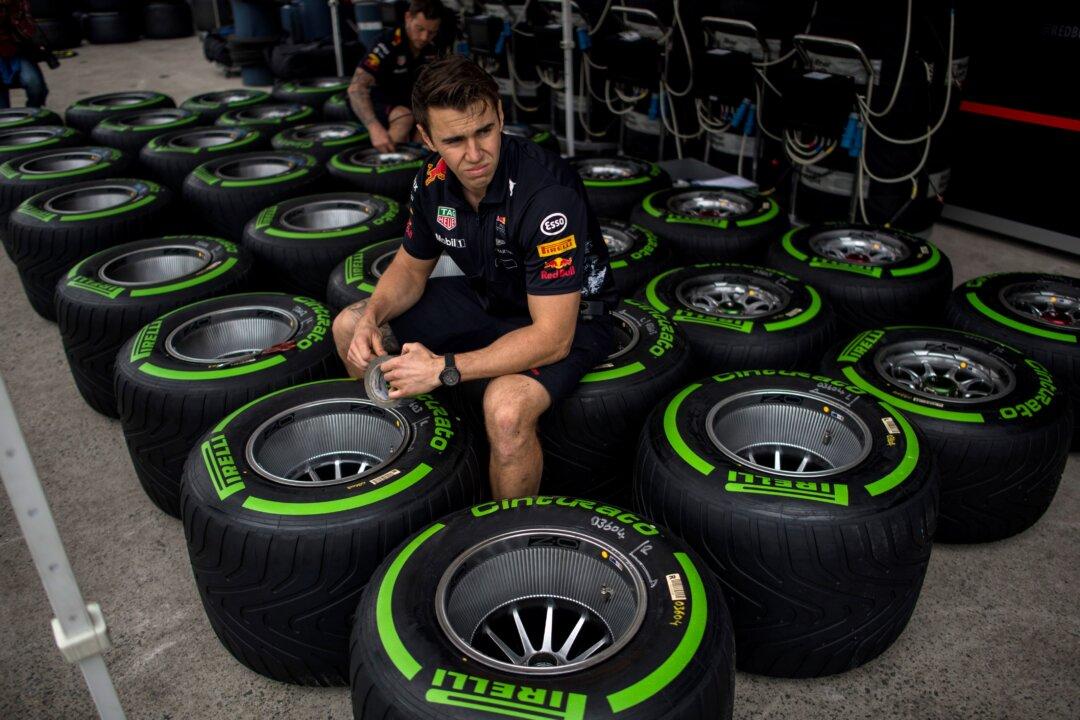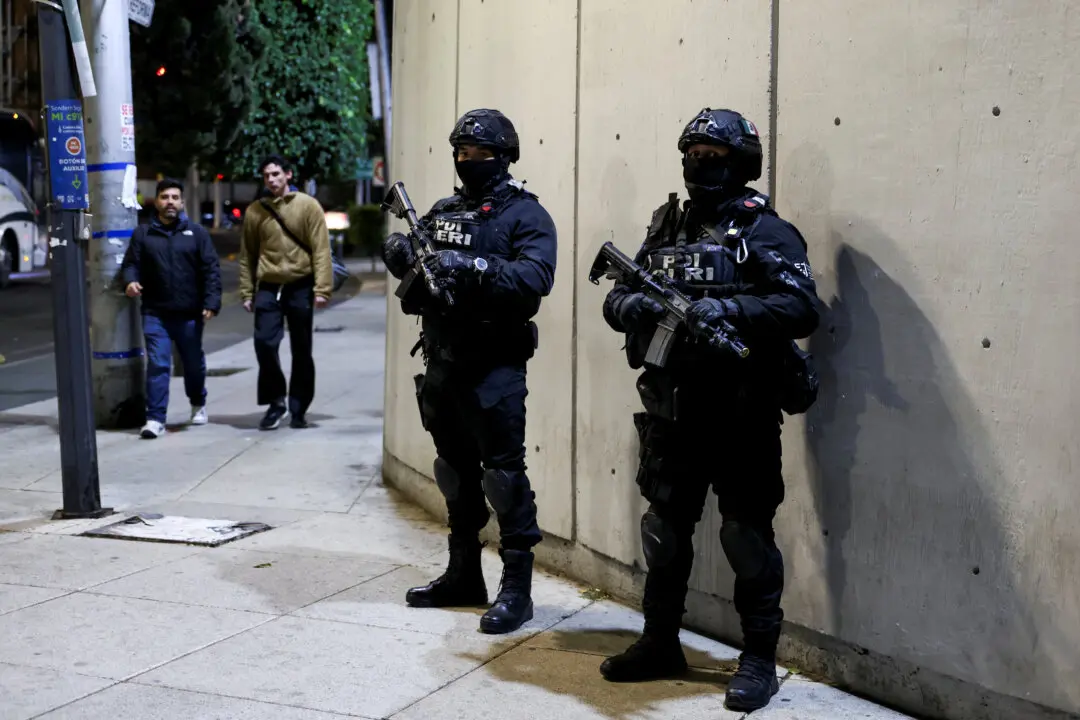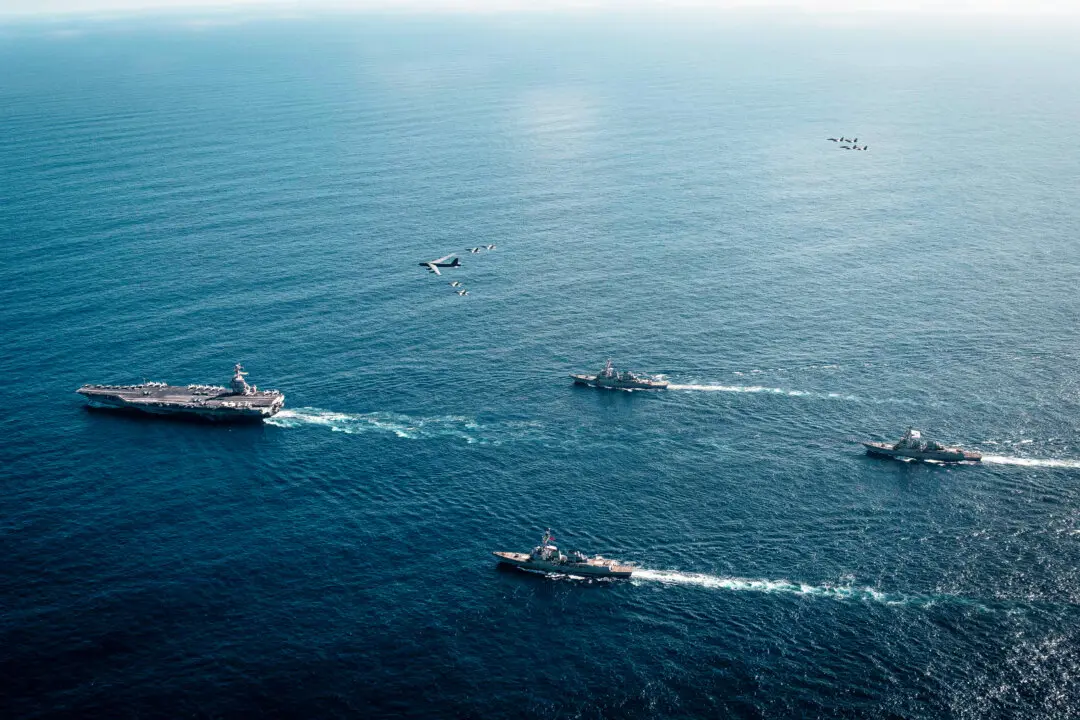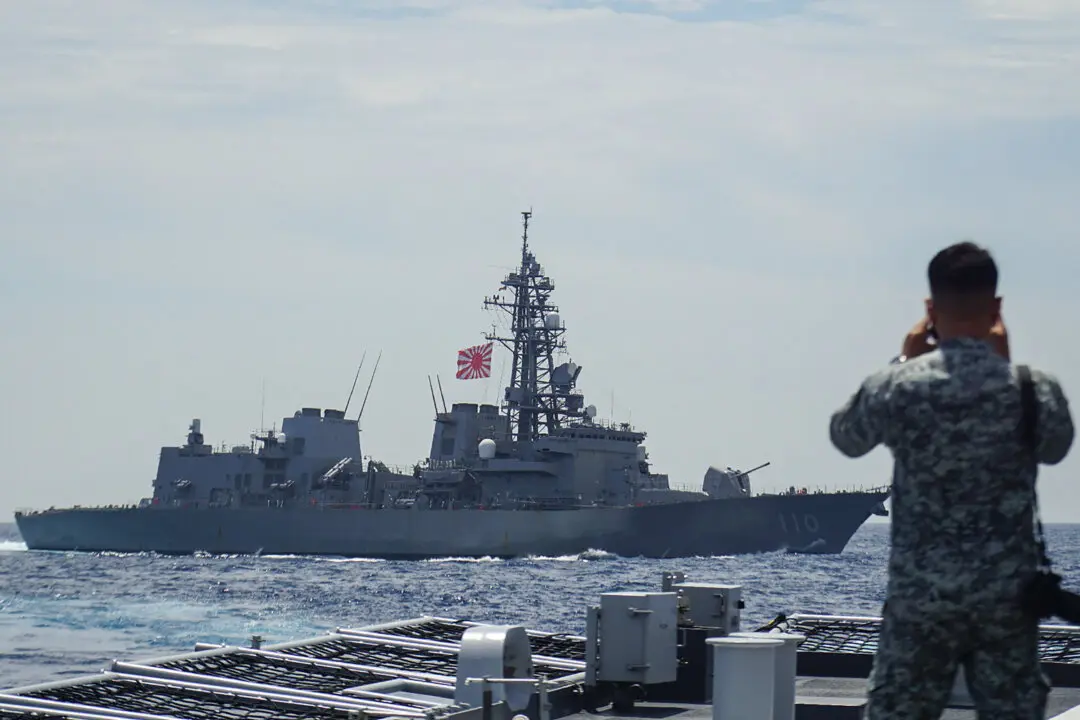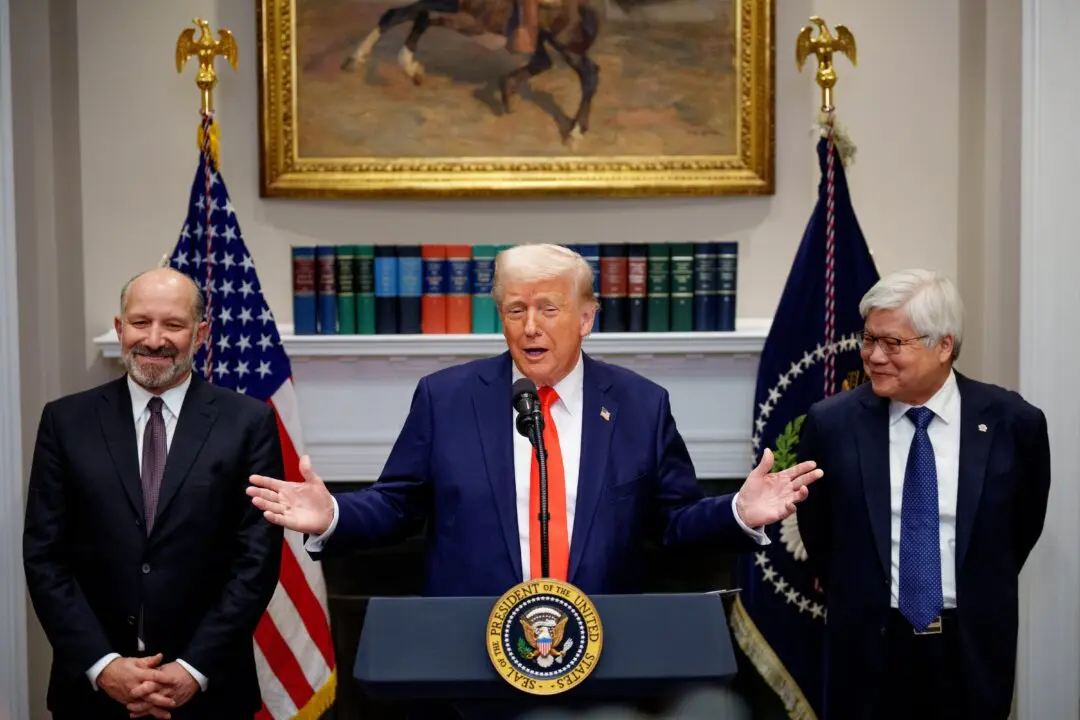Commentary
China’s Belt and Road Initiative (BRI, also known as One Belt, One Road) is an ill-defined international development program that includes export activities and political influence operations by the regime in Beijing. With a reported $1 trillion of spending, which could eventually become $8 trillion, the BRI has hit major speed bumps of late.
Italy, which is the only G-7 country involved in the BRI, is finally considering a departure. Prime Minister Giorgia Meloni said joining the BRI was a mistake that yielded insufficient trade or investment benefits. In May, a senior Italian official told Reuters that a renewal of the BRI agreement was “highly unlikely.”
China is getting bad press in Italy as it seeks 9 of 15 seats on the board of tire manufacturer Pirelli. Beijing-controlled Sinochem now owns 37 percent of the Italian company, founded 150 years ago in Milan, and is allegedly attempting to violate a 2015 agreement that limited its control of strategic decisions. The longtime Pirelli CEO has asked Meloni to block Sinochem’s power grab.
Chinese interests are also reportedly financing, through illegal cryptocurrency, the operations of Italy’s most notorious organized criminals, known as the ‘Ndrangheta mafia. Chinese and Italian criminals cooperate with Albanian criminals who control European ports to distribute record amounts of cocaine globally. One Italian research group estimated that the annual revenue of ‘Ndrangheta is approximately $47 billion.
China’s $7.3 billion high-speed rail project in Indonesia is an example of a failed BRI investment in Asia. According to a June 8 report, the project is four years behind schedule and $1.2 billion over budget. One of the stations is still incomplete, but the partnered Chinese company reportedly wants a certification that the line is fully operational. The railway will likely lose money as the terminals are outside city centers and a one-way ticket will cost more than $23, almost a quarter of the average Indonesian weekly salary.
COVID-19 and skyrocketing inflation have hit BRI loans with a fury. From 2017 to 2019, the BRI’s distressed debt already amounted to $17 billion. That figure more than quadrupled to $76.8 billion between 2020 and 2022.
BRI contracts are typically opaque, with secret terms written into agreements. The conditions linked to debt renegotiation are likely even more opaque. In the case of Sri Lanka, for example, the country had to relinquish rights to its Hambantota port for 99 years to renegotiate its debt.
Critics are concerned that China could use the port for naval purposes. Pakistan, which also has a potential Chinese naval port at Gwadar, is likewise unsustainably indebted to China. Both countries vote closely with China at the United Nations, indicating diplomatic conditionality to BRI loans.
